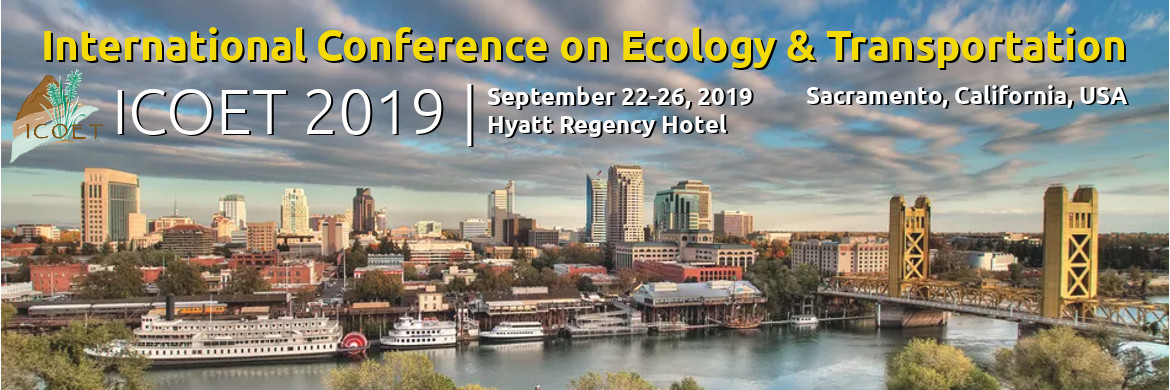On September 22, 2016, Governor Brown signed Assembly Bill 2087, establishing the California Department of Fish and Wildlife’s (CDFW) Regional Conservation Investment Strategies (RCIS) Program. The RCIS Program enables development of regional conservation strategies to identify opportunities for advance mitigation, including mitigation related to transportation projects, that would result in effective regional conservation. The RCIS Program promotes the use of existing science to identify and prioritize region-specific conservation actions to help California's declining and vulnerable species by encouraging the protection, restoration, and reconnection of their habitats, and facilitating adaption and resilience to climate change, invasive species, and other stressors. These actions may include land protection, habitat restoration, installation of wildlife crossings, and removal of fish passage barriers. The RCIS Program consists of three components: Regional Conservation Assessments (RCAs), Regional Conservation Investment Strategies (RCISs), and Mitigation Credit Agreements (MCAs). Strategies are developed in an RCIS and actions may be carried out through an MCA, which creates credits to be used as compensatory mitigation for impacts under state and federal laws. This poster will further explain each of the Program component’s benefits and uses in relation to achieving balance in ecology and transportation and how the Program relates to other CDFW conservation planning instruments.
